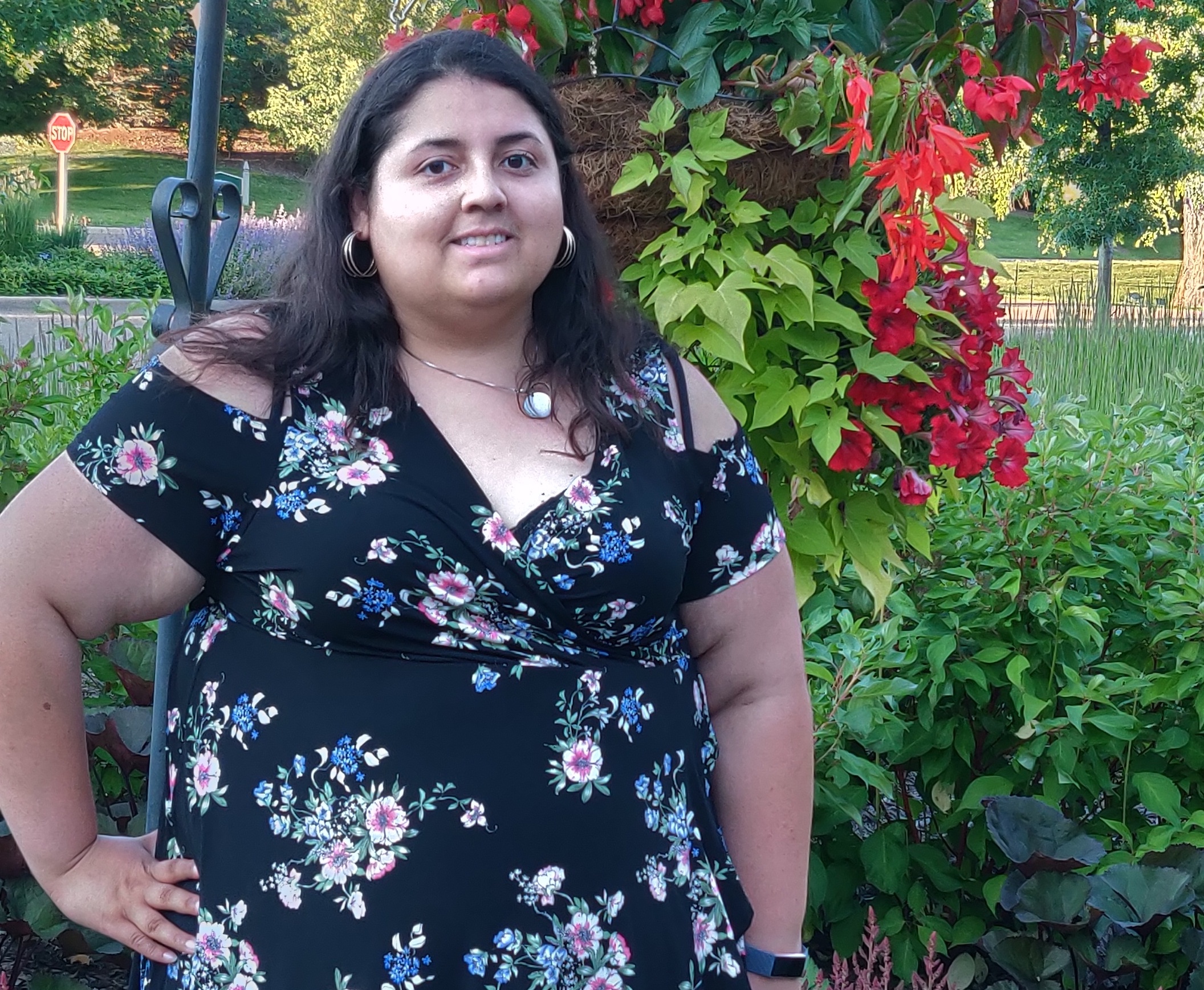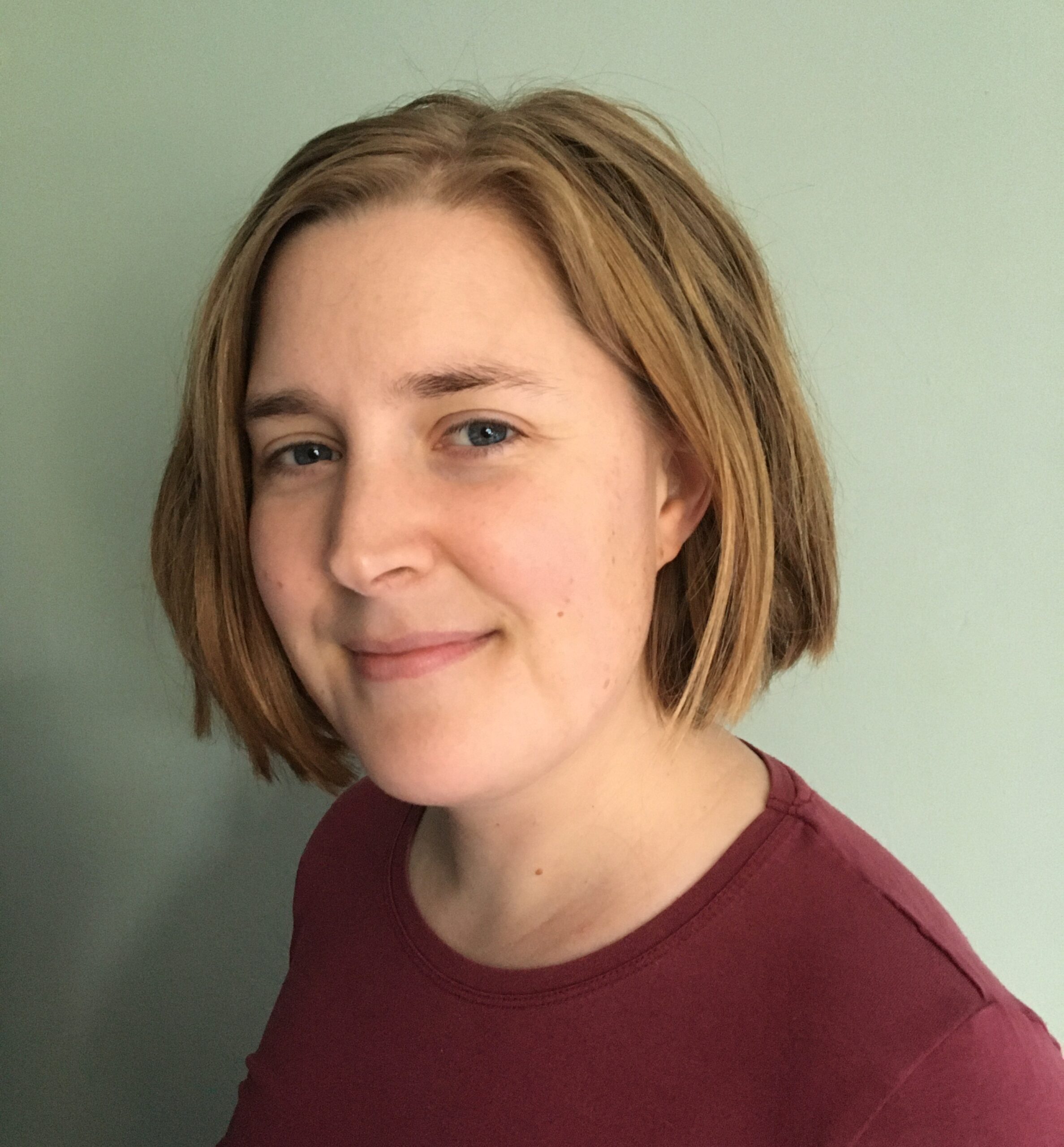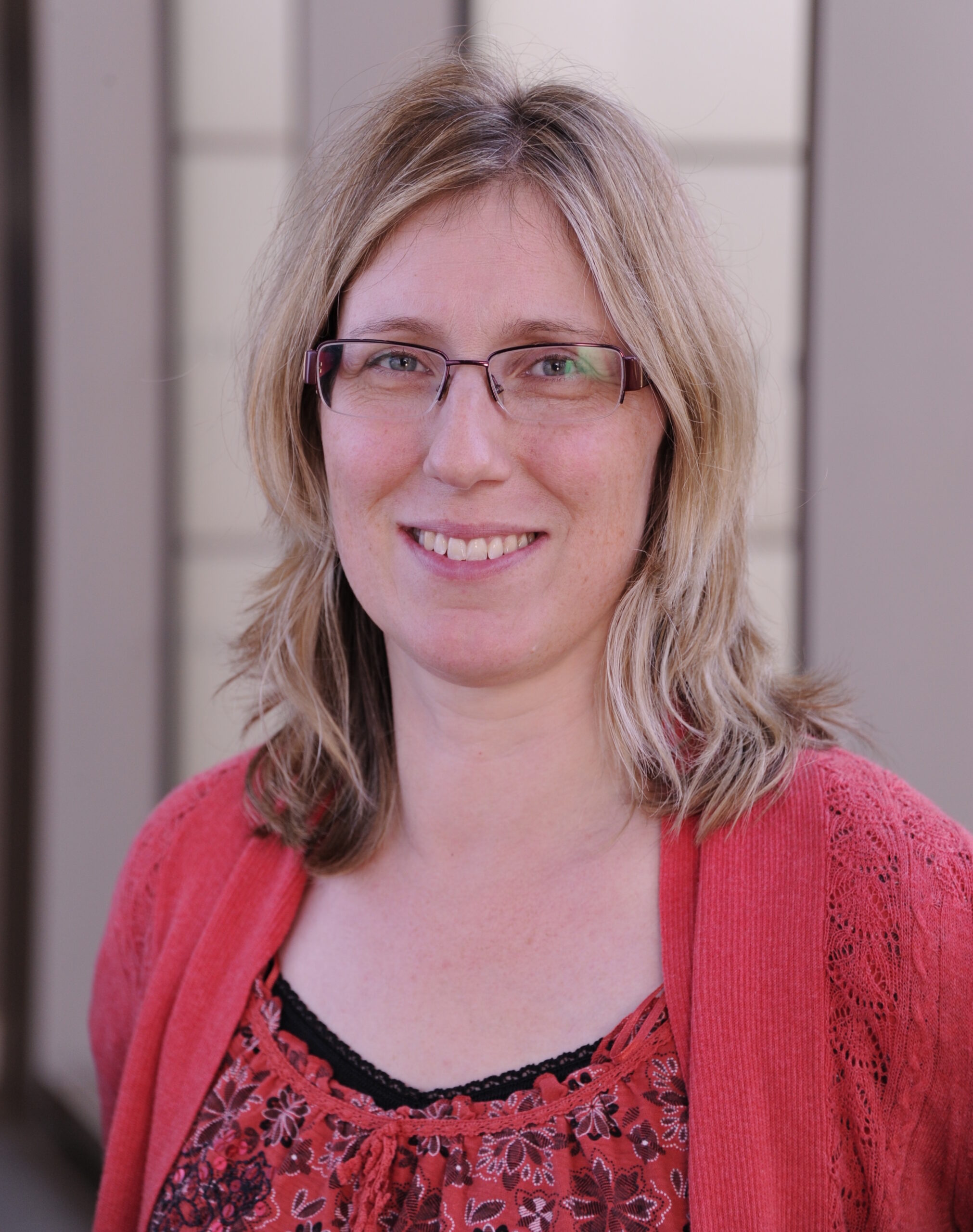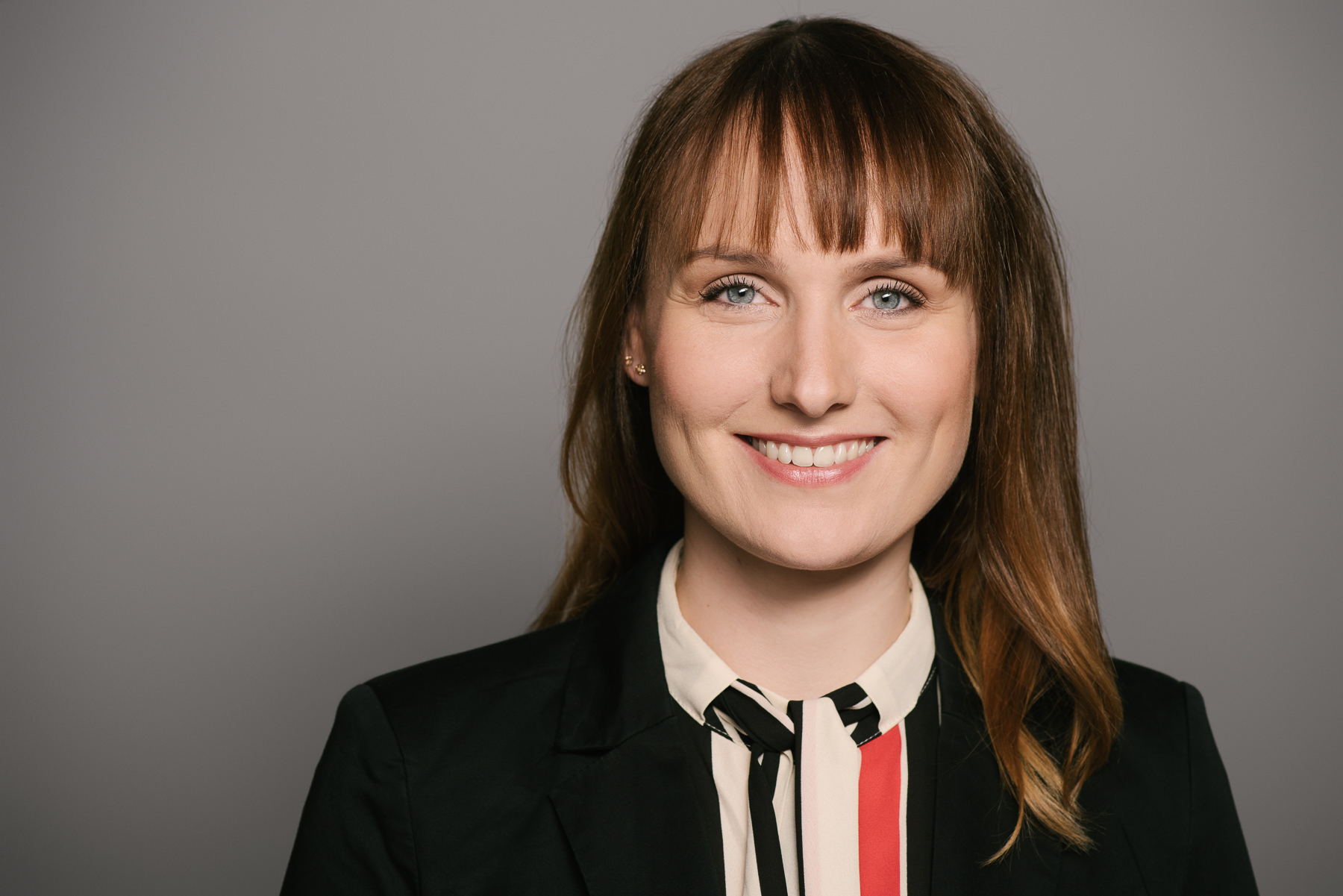Born in Würzburg, Germany • Birth year 1986 • Studied Mathematics at Century College in White Bear Lake, Minnesota, USA • Highest Degree Associates of Science in Business Administration • Lives in White Bear Lake, Minnesota, USA • Occupation Associate Communications Specialist at Metro Transit
From an early age I easily understood patterns that baffled my peers. Because of this I gravitated toward Math. In my early years in school, I was a great student with top marks in all my classes. Things changed in tenth grade when I developed bipolar symptoms. My GPA (US grading scale in high school) plummeted. I eventually failed nine classes including statistics and pre-calculus. After that, Math did not seem like the field for me anymore. Still, my heart’s desire was to pursue math, and I have never given up on that dream.
This class changed everything. It was the spark that re-lit the fire. It brought back the childlike wonder and awe I had for the beauty of mathematics.
I started college shortly after high school. My mental health symptoms continued to get in the way and I did not do well. After years of hard work and dialectical behavioral therapy I learned to manage my symptoms and regain control of my life. I decided to resume higher learning with a new-found confidence. I started at Century College in January 2019 as a first-generation, non-traditional student. However, I did not allow those facts to interfere with my progress. Finally, I was the student I always knew I could be. I dove deep into my classes and actually excelled! I decided to study business, having accumulated ten years of corporate work experience in customer service and answering business correspondence. My first two semesters were filled with general classes, but College Algebra came in fall 2019. This class changed everything. It was the spark that re-lit the fire. It brought back the childlike wonder and awe I had for the beauty of mathematics. I poured my heart and soul into that course and maintained a 99% for most of the semester.
With all my momentum and excitement, surely I would succeed again… until I didn’t.
I have heard many people say that math is so stressful to them that it makes them cry. In contrast, I have wept with wonder when recounting how the universe makes sense when math proofs are worked out. Math is the only subject I see myself pursuing for the rest of my life. This led me to update my college major to Mathematics. I made this change in April 2020: the start of the COVID-19 pandemic.
In spite of the pandemic, I continued to excel in classes. I eventually earned my first degree in May 2021, an Associates of Science in Business Administration. It was in fall of 2021 when I was done with business that I took the class that I always dreamed of: Calculus I. I was especially excited to take that class with my College Algebra professor. With all my momentum and excitement, surely I would succeed again… until I didn’t. I studied for hours and devoted myself to class but was not as successful as I hoped. By the end of the term, I earned a grade of 70%. Although I was eligible to take Calculus II the next semester, I took my instructor’s advice and retook the class. I am glad I took his advice because I did much better the second time and was more prepared for Calculus II. I took Calculus II in fall of 2022. With lots of preparation I excelled in the course.
For a time, I considered quitting, but I never let my struggles win.
Knowing how alone I felt as a female, minority, non-traditional, first-generation college student navigating mathematics during the pandemic, I wanted to give back to other students in similar situations. I was able to do that by becoming an organizer for OURFA2M2, the Online Undergraduate Resource Fair for the Advancement and Alliance of Marginalized Mathematicians. This is one of my proudest achievements since starting my math journey.
I wish that I could say that it was all downhill from there, but it was not. My last 3 semesters have been the most challenging of my math journey. That’s when I took Calculus 3 and Differential Equations. At the same time, I changed jobs and experienced significant changes in my personal life. For a time, I considered quitting, but I never let my struggles win. After 5 years, I am about to graduate from Century College and continue my mathematical journey at a four-year university. I know I will struggle in the future, but my experience so far has shown that I am tenacious and can tackle any challenges that come my way.
Published on May 8, 2024.
Elements of the first three paragraphs of this text are based on a book chapter by Jenna Race in “Read and Rectify: Advocacy Stories from Students of Color in Mathematics”, edited by Pamela E. Harris, Ph.D., and Aris Winger, Ph.D., whose permission has been obtained before publication.





Recent Comments